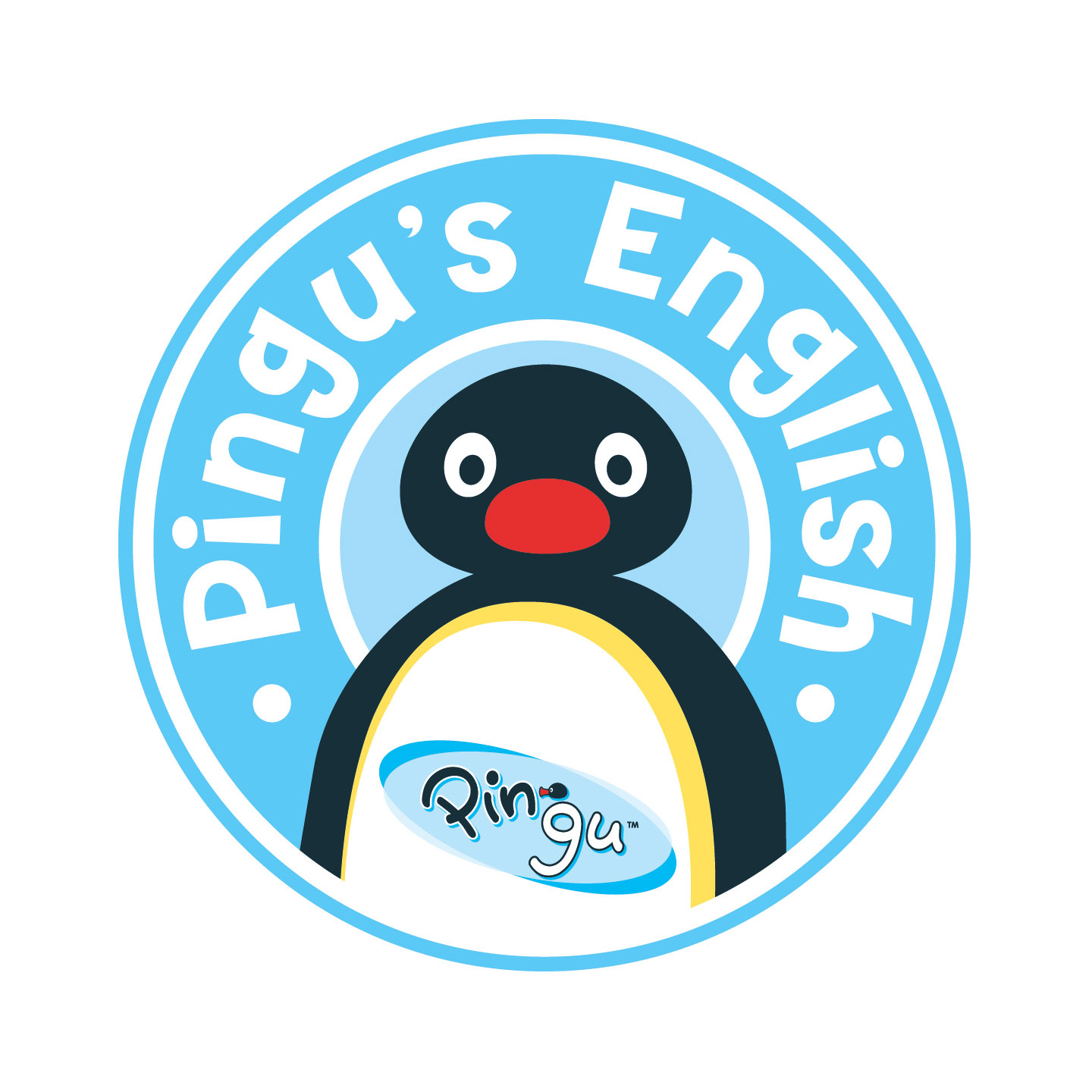Communication is the backbone of our society.
Many of us can communicate but not all of us can be the public speaker.
Public speaking skills make you different and prominent in society and bring more opportunities.
It makes you a more worthy candidate to move up and succeed in your chosen field.
According to a study by the sociologist, Andrew Zekeri, “Oral communication skills were the number one skill that college graduates found useful in the business world.”
Why developing the confidence of public speaking is so important for children. Today’s children need to be confident enough to be successful in this fast-moving world.
“Public speaking” sounds so great, that’s why our kids get scared of becoming a public speaker, so let’s change the names of each activity, make it light and easy.
If we can minimize fear by changing the name then I believe we should do whatever is necessary.
Why don’t we call it drama, why don’t we call it “giving a monolog” or “playing speeches”?
Before taking a test when we tell our kids that we are going to take a test so sometimes they get confused or nervous, so if we change the name of a test into practice then it may help them do the test confidently.
“There are three things to aim at in public speaking: first, to get into your subject, then to get your subject into yourself, and lastly, to get your subject into the heart of your audience.”
– Alexander Gregg
We can help children understand the concerns of the audience. Ask them: Who is listening to them? Are they their classmates, their teachers or just family members? What level of knowledge do they have in the subject children are going to speak about? Ensure that they tailor the content to their audience. Ask a child if they find their own speech boring. This can be an important gauge on whether the audience will doze off.
Avoid pointing out their negativity points, negatively. Tell them that you are doing a good job but if do add this thing it will look perfect. Use positive words to correct their mistakes.
 Testimonials
Testimonials
